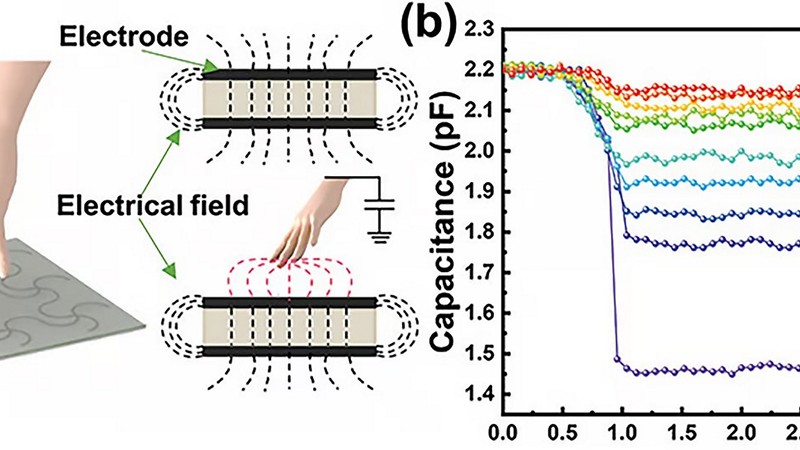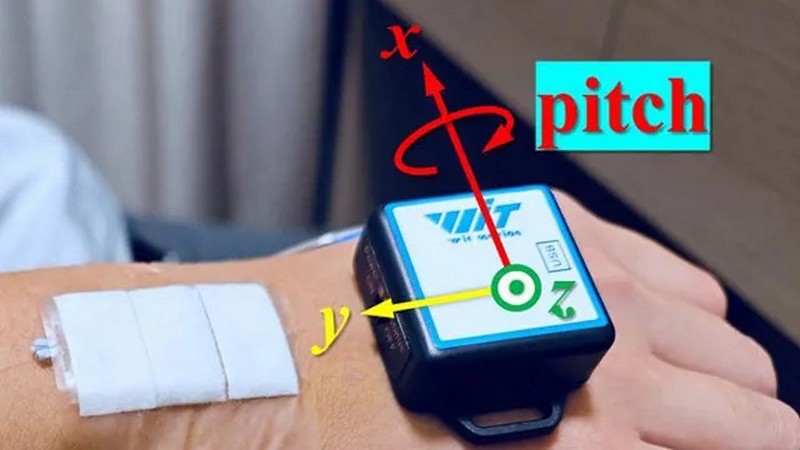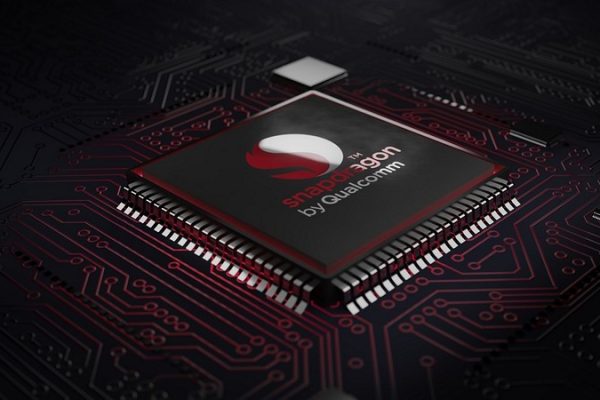
Legal & General Investment Management (LGIM) and Abrdn are preparing to challenge Apple’s disclosure practices regarding artificial intelligence at its upcoming annual shareholder meeting. They are rallying behind a resolution, led by the US union federation AFL-CIO, which calls on the tech giant to publish a comprehensive ‘transparency report’ on its AI usage and ethical frameworks. What specific concerns about AI usage prompted LGIM and Abrdn to support the resolution calling for transparency from Apple, how might Apple’s response to this resolution affect its relationships with shareholders and stakeholders in the tech industry, and what broader implications does this shareholder challenge have for corporate governance and ethical standards in the increasingly AI-driven tech landscape?
Top Stories This Week
- Apple Faces Major UK Investor Rebellion Over Lack Of AI Transparency
- RIP To The Apple Car, We Hardly Knew Ye
- The U.S. Will Investigate Chinese-Made ‘Smart Cars’ Over Potential National Security Risks
- Tenstorrent RISC-V And Chiplet Technology Selected To Build The Future Of AI In Japan
- Rising Risks From Accelerated Use Of Unchecked IoT In Enterprise
- BT Completes 3G Switch-Off, With Belfast Site Closure
- Houthi Rebels Destroy Underwater Cables Linking Europe To Asia In Latest Act Of Sabotage
- Hypersensitive Touch Sensor ‘Feels’ Things From 4 Inches Away
- Wearable Sticker Converts Hand Movements Into Communication
- First Automotive-Grade CMOS Image Sensor With RISC-V IP SoC
Hardware Business News
RIP To The Apple Car, We Hardly Knew Ye

After years of speculation and anticipation, Apple’s ambitious venture into the automotive realm appears to have come to a screeching halt. Bloomberg’s recent revelation of Apple scrapping its secretive car project, with the team shifting focus to generative AI initiatives, marks the end of a decade-long odyssey known as Project Titan. What factors contributed to Apple’s decision to abandon its ambitious Project Titan, how does the failure of the Apple car initiative reflect broader challenges and uncertainties facing the electric and autonomous vehicle industry, and what lessons can other companies in the tech and automotive sectors learn from Apple’s experience with Project Titan?
The U.S. Will Investigate Chinese-Made ‘Smart Cars’ Over Potential National Security Risks

As tensions rise between the East and West, concerns regarding smart technologies from China are seeing Western nations taking more extreme precautions to protect national interest and their citizens. Recently, President Joe Biden announced a new investigation that will look to see the dangers posed by Chinese Smart Cars, but while concerns surrounding AI loom, others are wondering if the West is worrying too much. What challenges does China present to the West, why is the US targeting Smart Cars, and should we be worried about these developments?
Tenstorrent RISC-V And Chiplet Technology Selected To Build The Future Of AI In Japan

Tenstorrent, a leading provider of advanced computing solutions for AI, has announced a ground breaking partnership with Japan’s Leading-edge Semiconductor Technology Center (LSTC) and Rapidus Corporation, marking a significant milestone in the semiconductor industry. This multi-tiered collaboration aims to leverage Tenstorrent’s cutting-edge RISC-V and Chiplet IP to develop an innovative edge 2nm AI Accelerator. How does Tenstorrent’s collaboration with LSTC and Rapidus signal a shift in semiconductor industry dynamics, what specific challenges and opportunities does the development of an edge 2nm AI Accelerator pose, and how do Tenstorrent, LSTC, and Rapidus plan to address them through collaborative innovation?
Hardware Engineering News
Rising Risks From Accelerated Use Of Unchecked IoT In Enterprise

As enterprises increasingly integrate IoT devices into their operations, they unlock new avenues for efficiency and innovation. However, this rapid adoption also brings forth significant cybersecurity risks, with vulnerable IoT endpoints becoming prime targets for cybercriminals. In this Article by Kenan Frager, VP of Marketing at Asimily, learn about the critical need for enterprises to prioritize IoT security amidst the allure of operational benefits. How do evolving breach tactics pose significant threats to enterprise networks and data security, what are the key findings from the Asimily report regarding the most targeted IoT devices and the industries facing heightened cybersecurity risks, and in what ways are cyber insurers adapting to the changing threat landscape?
BT Completes 3G Switch-Off, With Belfast Site Closure

After over two decades of service, BT Group and its EE mobile division have officially bid farewell to 3G technology with the shutdown of its last 3G mobile site in Belfast, Northern Ireland. With the completion of this transition, BT emphasizes the advancement towards modern mobile technologies like 4G and 5G, promising enhanced connectivity and faster internet speeds for its customers. What are the key factors driving BT’s decision to retire its 3G network, how does this move align with the broader trends in the telecommunications industry, and beyond BT, how are other major telecom operators navigating the transition away from legacy networks?
Houthi Rebels Destroy Underwater Cables Linking Europe To Asia In Latest Act Of Sabotage

Recent reports reveal that Houthi rebels in Yemen have targeted and damaged several underwater communication cables in the Red Sea, leading to significant disruptions in communication between Europe and Asia. These acts of sabotage, which come amid escalating tensions in the region, have raised concerns about the vulnerability of crucial infrastructure and the potential consequences for global connectivity. What are the immediate effects of the Houthi rebels’ actions on the communication networks between Europe and Asia, how do the recent attacks on underwater cables reflect the broader geopolitical tensions in the region, and what measures are being taken to repair the damaged cables?
Hardware R&D News
Hypersensitive Touch Sensor ‘Feels’ Things From 4 Inches Away

In a ground breaking development, researchers have unveiled a touchless touch sensor created using a 3D-printed material sensitive to electric fields. This innovative sensor can accurately detect and distinguish objects from a distance of up to 10 centimetres without any physical contact, with the potential applications of this touchless sensor spanning across various fields. How does the touchless touch sensor developed by researchers differ from traditional touch sensors, what are the key applications of this touchless sensor technology, particularly in fields such as robotics, healthcare, and wearable devices, and how might it benefit users with different needs and abilities?
Wearable Sticker Converts Hand Movements Into Communication

In a significant advancement, a team of researchers from China has developed a wearable sensor capable of translating movement into communication, opening up new avenues for rehabilitation and assisting individuals with disabilities. This innovative sensor, crafted from flexible and skin-friendly polydimethylsiloxane embedded with fibre Bragg grating, detects subtle changes in light propagation within optical fibres during movement. How does the PDMS-embedded wearable sensor developed by the researchers utilize fibre Bragg grating technology to detect and translate movement into communication, in what ways can the wearable sensor be tailored to individual users, and what were the results of the researchers’ tests on gesture recognition and communication assistance?
Open-Source Hardware News
First Automotive-Grade CMOS Image Sensor With RISC-V IP SoC

Andes Technology, a leading provider of RISC-V IP, and MetaSilicon, a prominent edge computing chip provider, have joined forces to introduce the groundbreaking MetaSilicon MAT Series. This series marks the world’s first automotive-grade CMOS image sensor series developed using an RISC-V IP SoC – Andes’ AndesCore N25F-SE processor. Engineered in compliance with the ISO26262 functional safety standard, these image sensors achieve ASIL-B level, ensuring a high level of safety and reliability essential for automotive applications. How does the utilization of RISC-V IP SoC enhance the performance and safety features of the MetaSilicon MAT Series automotive-grade CMOS image sensors, what innovative technologies does MetaSilicon incorporate into the MAT Series, and how do these technologies contribute to achieving high-quality image requirements for smart car vision applications?


